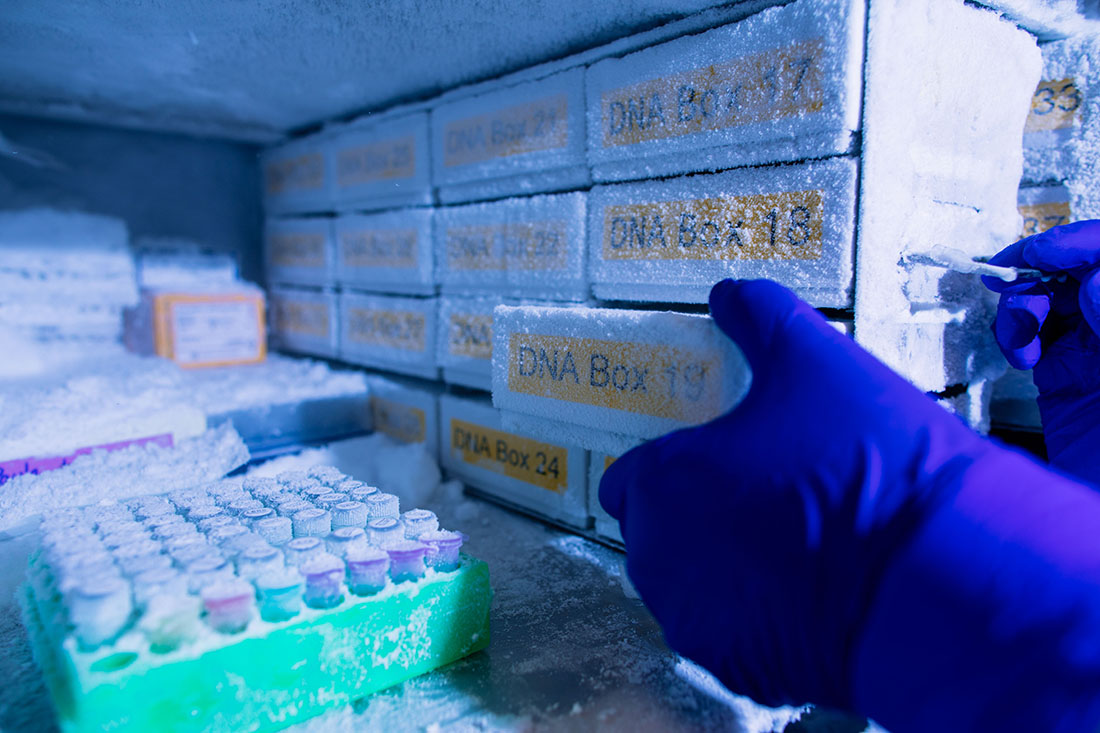
01 Jun The collective wisdom of biobanks
By Megan McKenzie, Mayo Clinic
Since ancient times physicians have analyzed patient specimens to diagnose illness. Now, our samples can do far more than diagnose. They can help researchers find treatments for the unmet needs of patients.
“A biobank is a collection of biological samples from a large number of patients,” explains Stephen Thibodeau, Ph.D., co-director of the Biorepositories Program in the Mayo Clinic Center for Individualized Medicine.
The Program maintains more than 100 disease-specific repositories. It has also built a single general repository using specimens collected from more than 60,000 participants. All samples are collected with patients’ informed consent and the knowledge that they will be helping others.
“Whether you’re interested in colon cancer or Parkinson’s Disease or Alzheimer’s Disease, in order to really study and understand it, you need to collect samples from those patients,” he says. “it can be blood, tissue, urine — anything from the patient that might help to solve [research] questions.”
The point of banking samples is to have them on hand when they’re needed for studies —leaving the doors to medical advancement wide open. Read more …



